13 GPTs for Healthcare Integration Powered by AI for Free of 2025
AI GPTs for Healthcare Integration are advanced AI tools, specifically designed to assist in healthcare-related tasks and topics by utilizing Generative Pre-trained Transformers (GPTs). These tools leverage the power of AI to analyze, interpret, and generate human-like text responses, making them highly effective for a wide range of applications in the healthcare industry. Their role is crucial in providing tailored solutions that can interpret medical language, manage patient data, support clinical decisions, and facilitate seamless communication between different healthcare systems.
Top 10 GPTs for Healthcare Integration are: Nursing Care Plan Developer,Bot Advisor,LOINC Whisperer,医療介護経営Bot,Kinästhetik-GPT,! Traditional Chinese Medicine Tutor !,LabGPT,Adaptation en massothérapie,ePRF Framework Builder,IoT Architect
Nursing Care Plan Developer
Personalizing Patient Care with AI
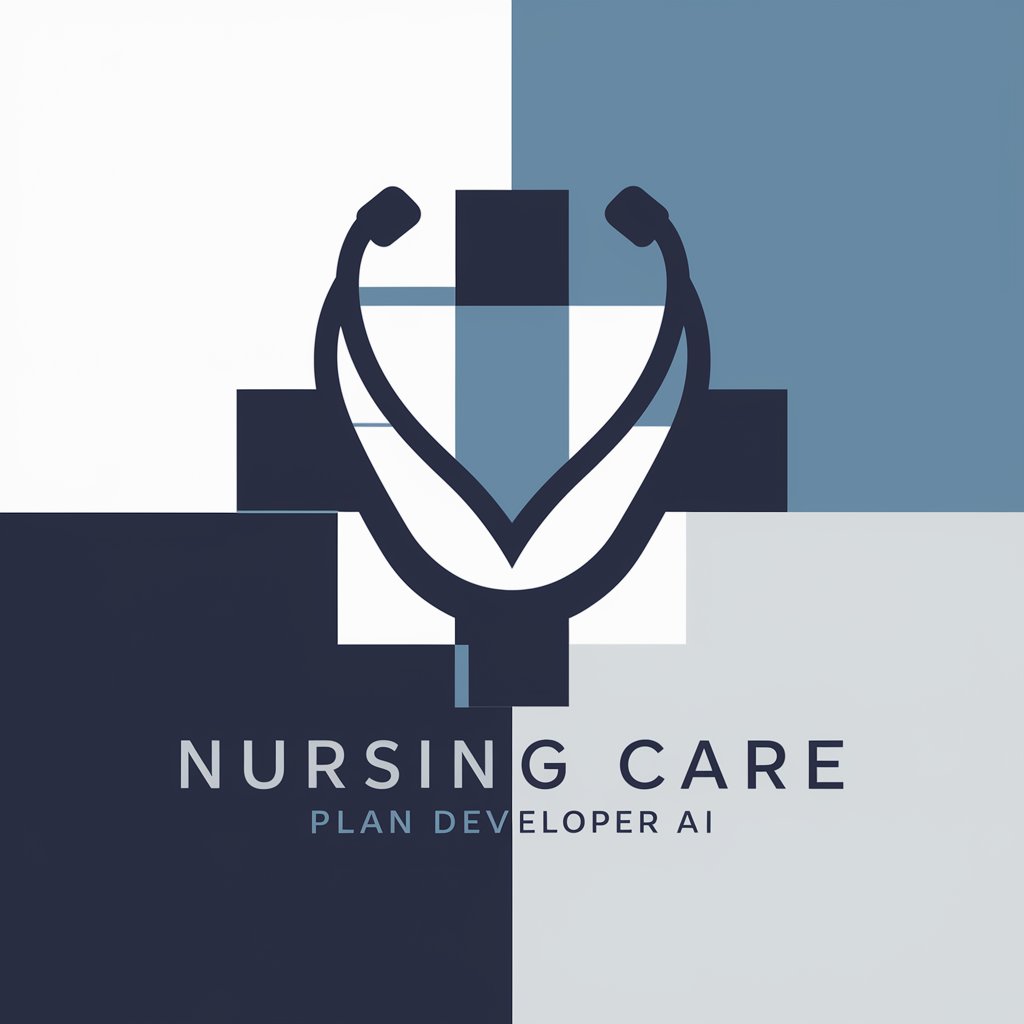
Bot Advisor
Empowering AI-Driven Bot Solutions
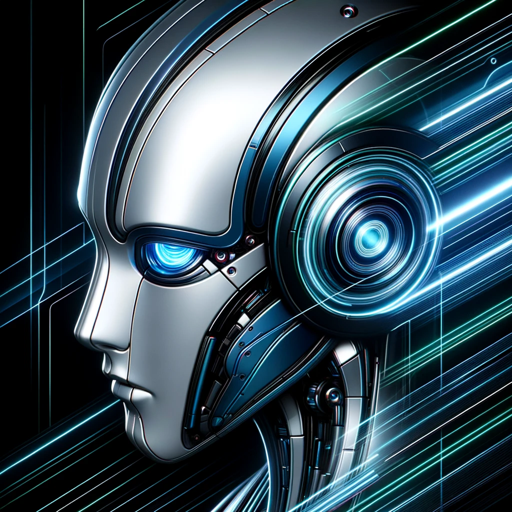
LOINC Whisperer
Simplify LOINC Coding with AI
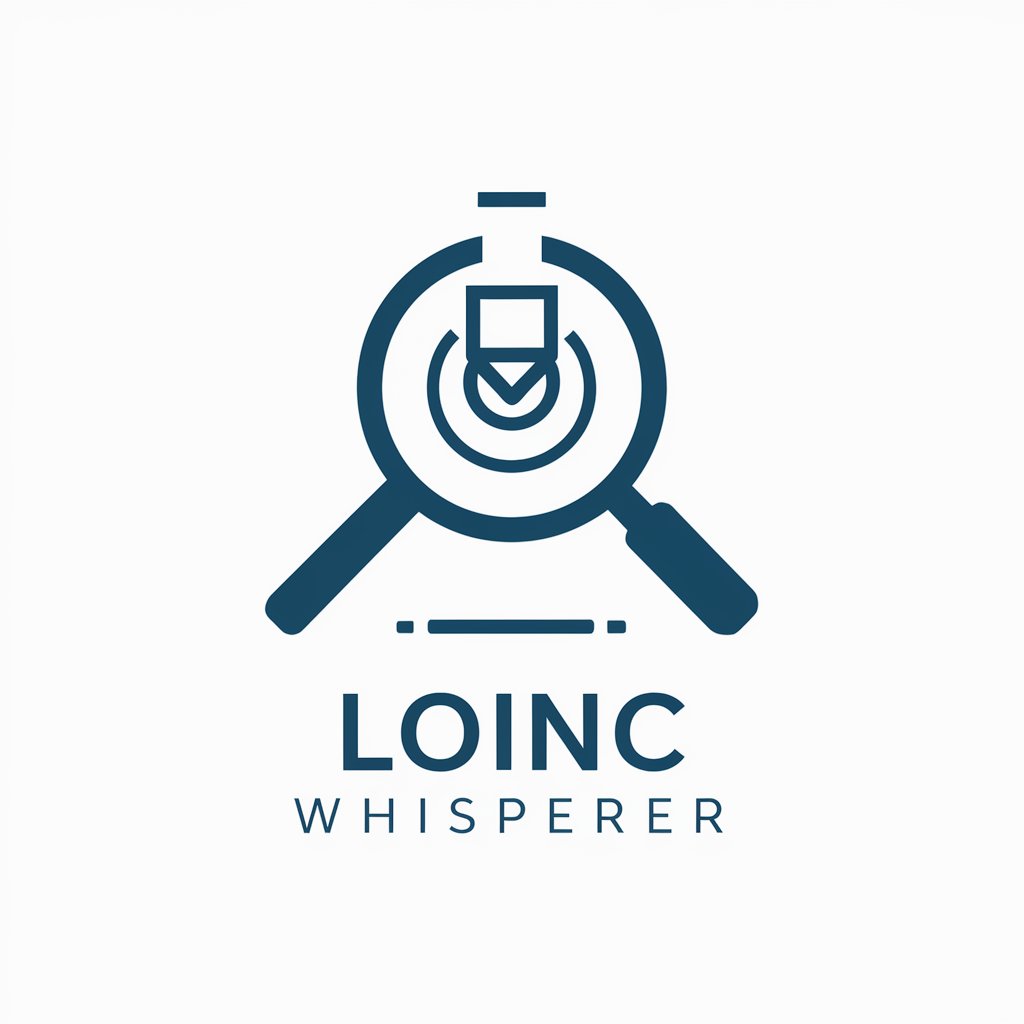
医療介護経営Bot
Streamlining Healthcare Management with AI
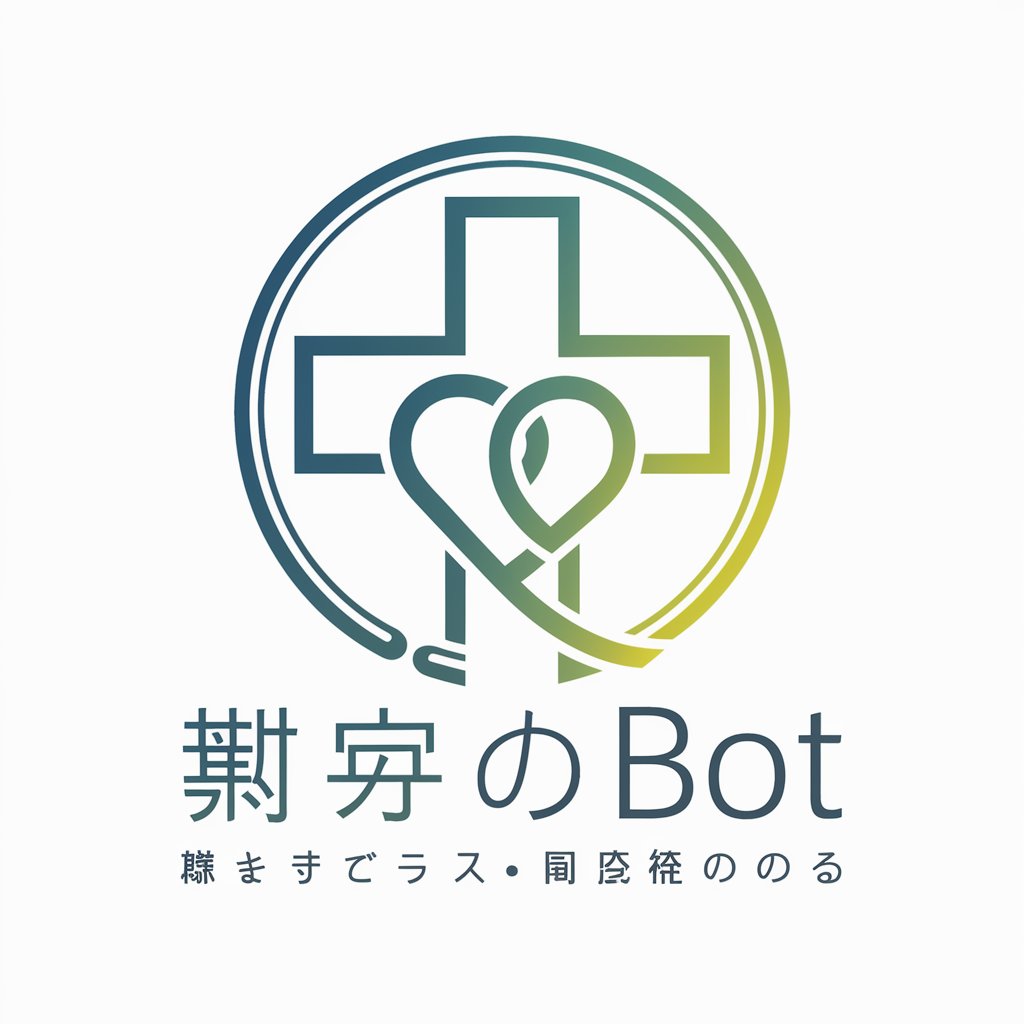
Kinästhetik-GPT
Empowering Movement with AI
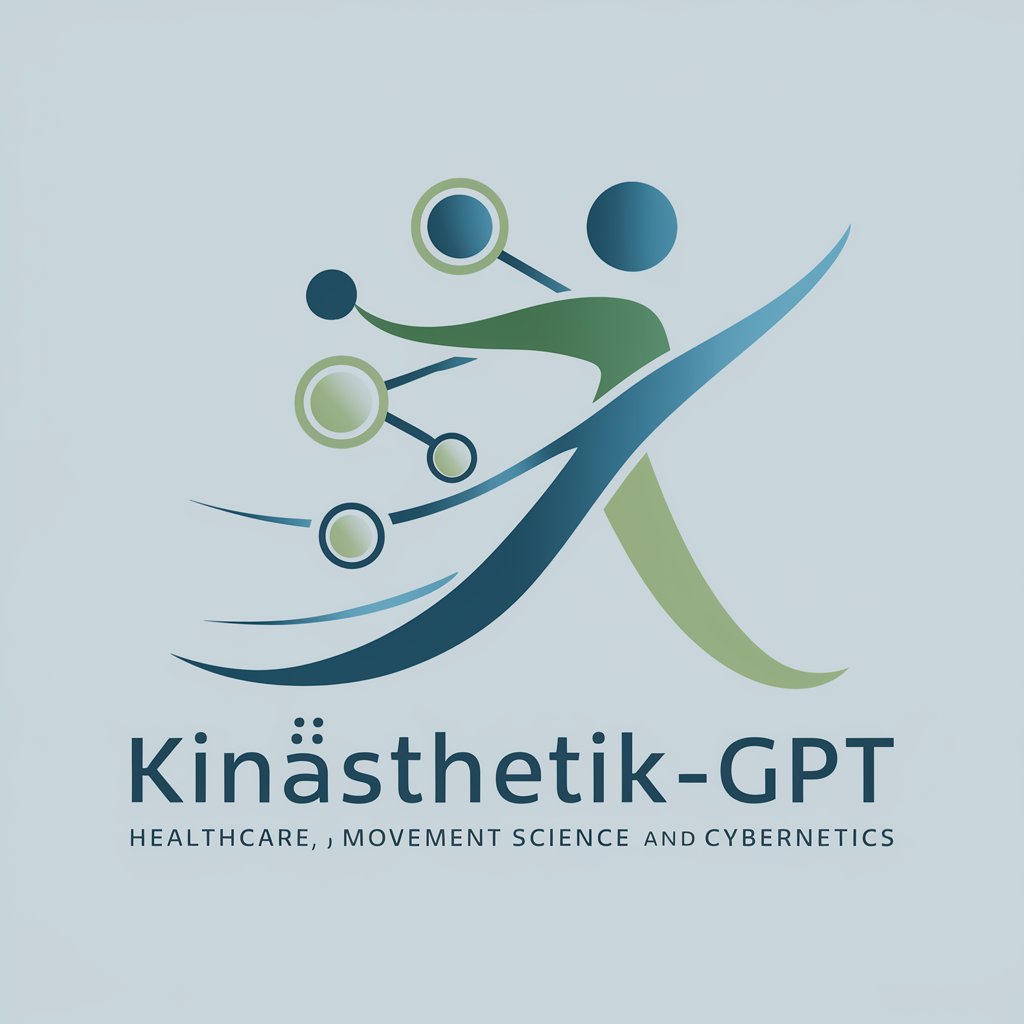
! Traditional Chinese Medicine Tutor !
Empowering TCM Knowledge with AI

LabGPT
Transforming Lab Data into Clinical Insights
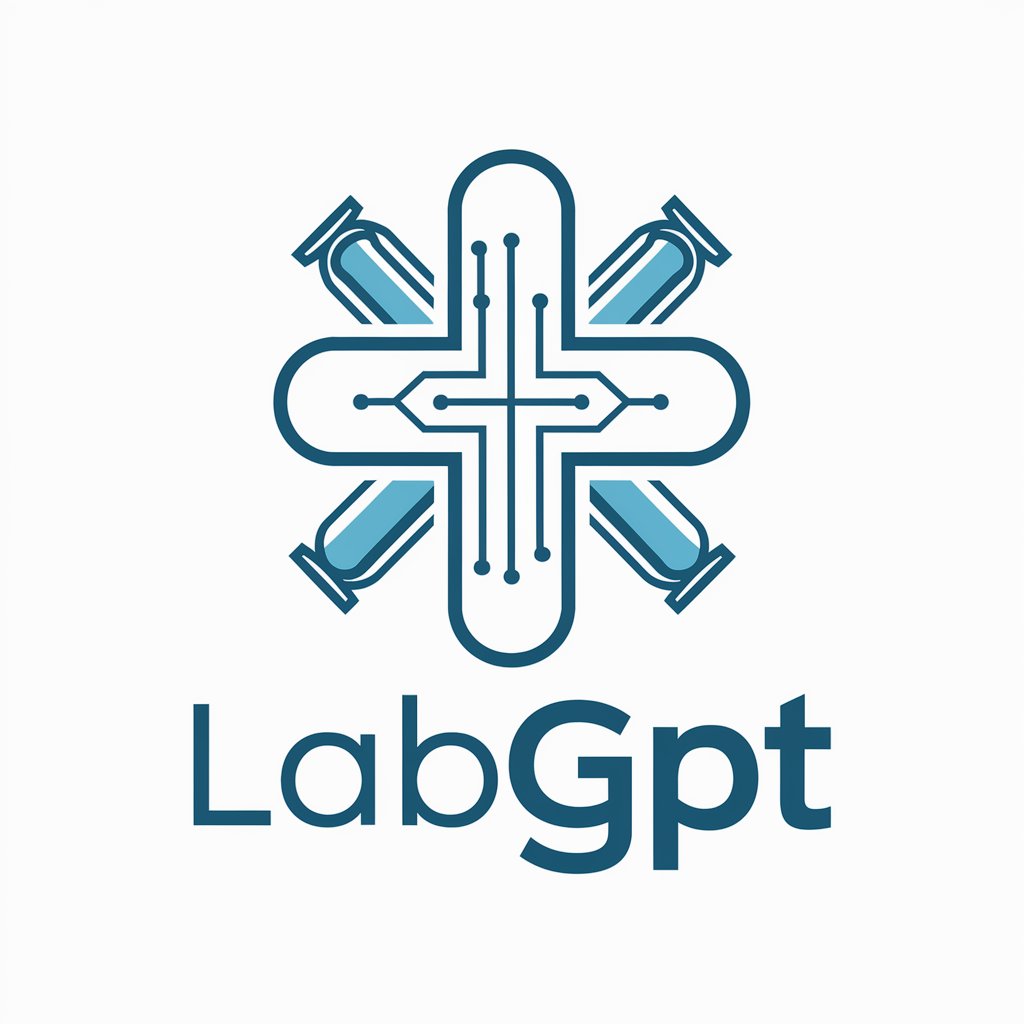
Adaptation en massothérapie
Personalizing Massage Therapy with AI

ePRF Framework Builder
Streamlining Patient Reports with AI
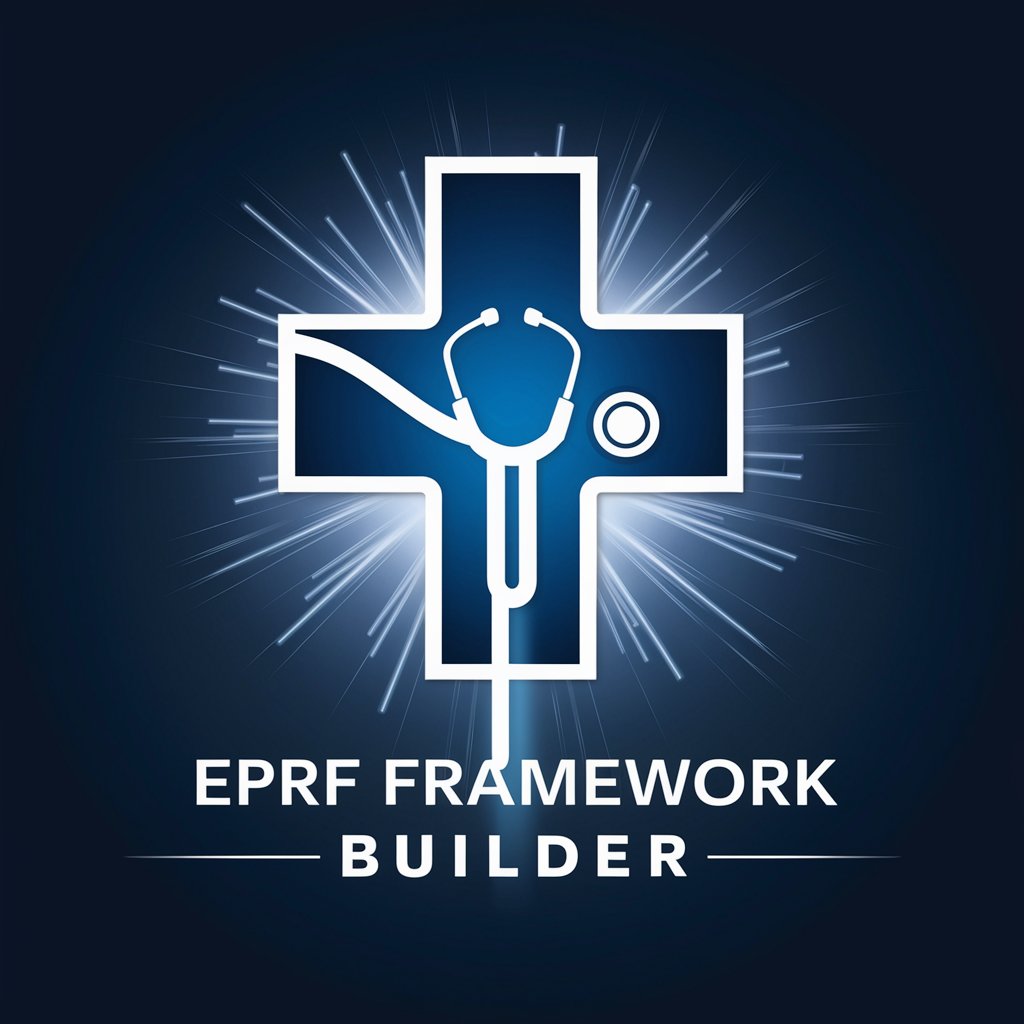
IoT Architect
Empower Your IoT Solutions with AI
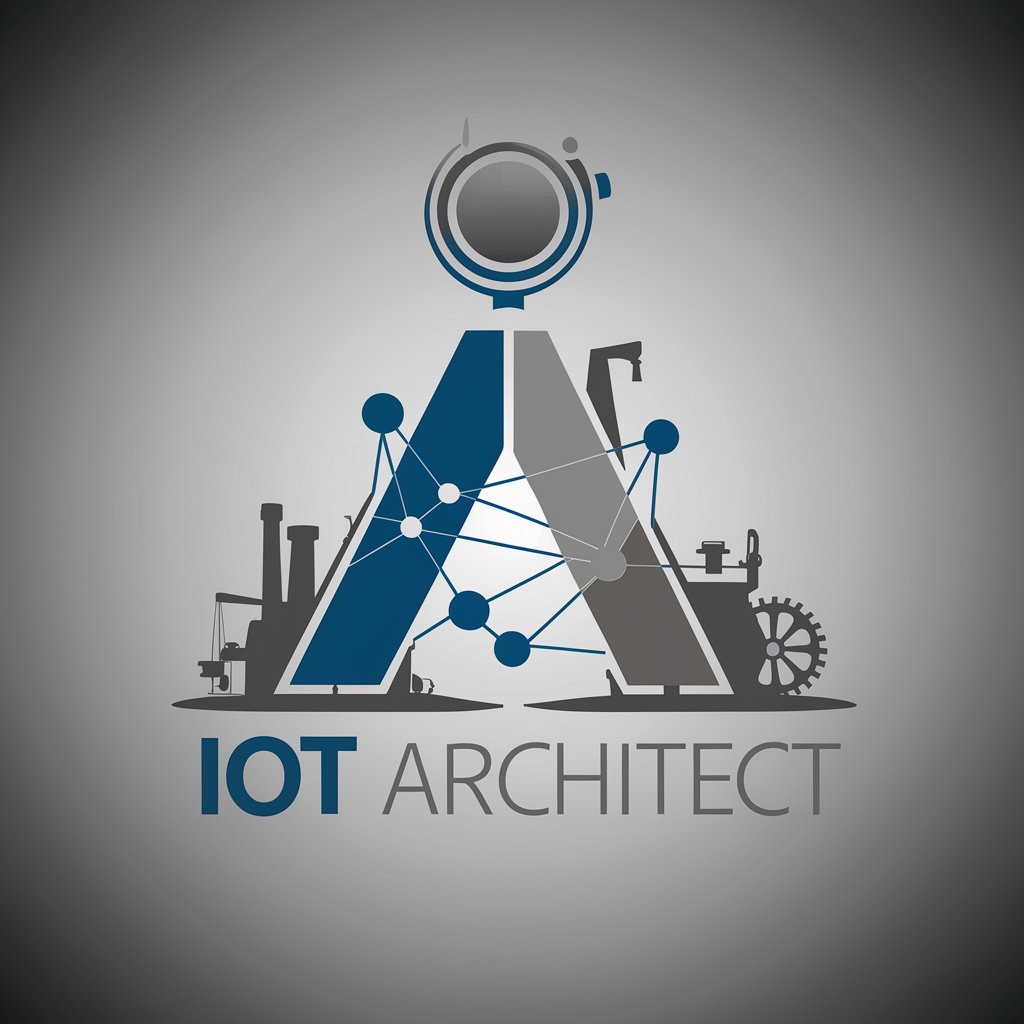
IoT Innovator
Powering IoT with AI Innovation
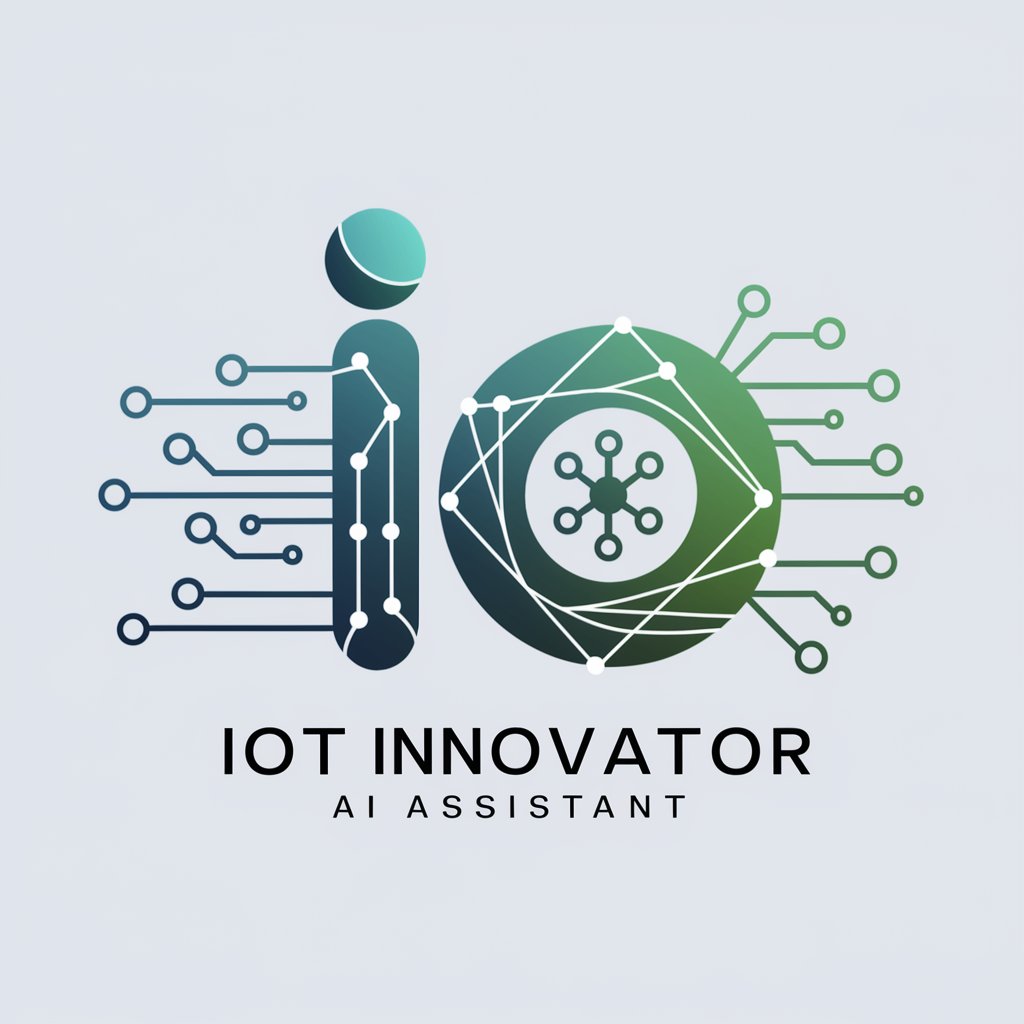
Traditional Medicine Explorer
Powering Insights into Traditional Medicine
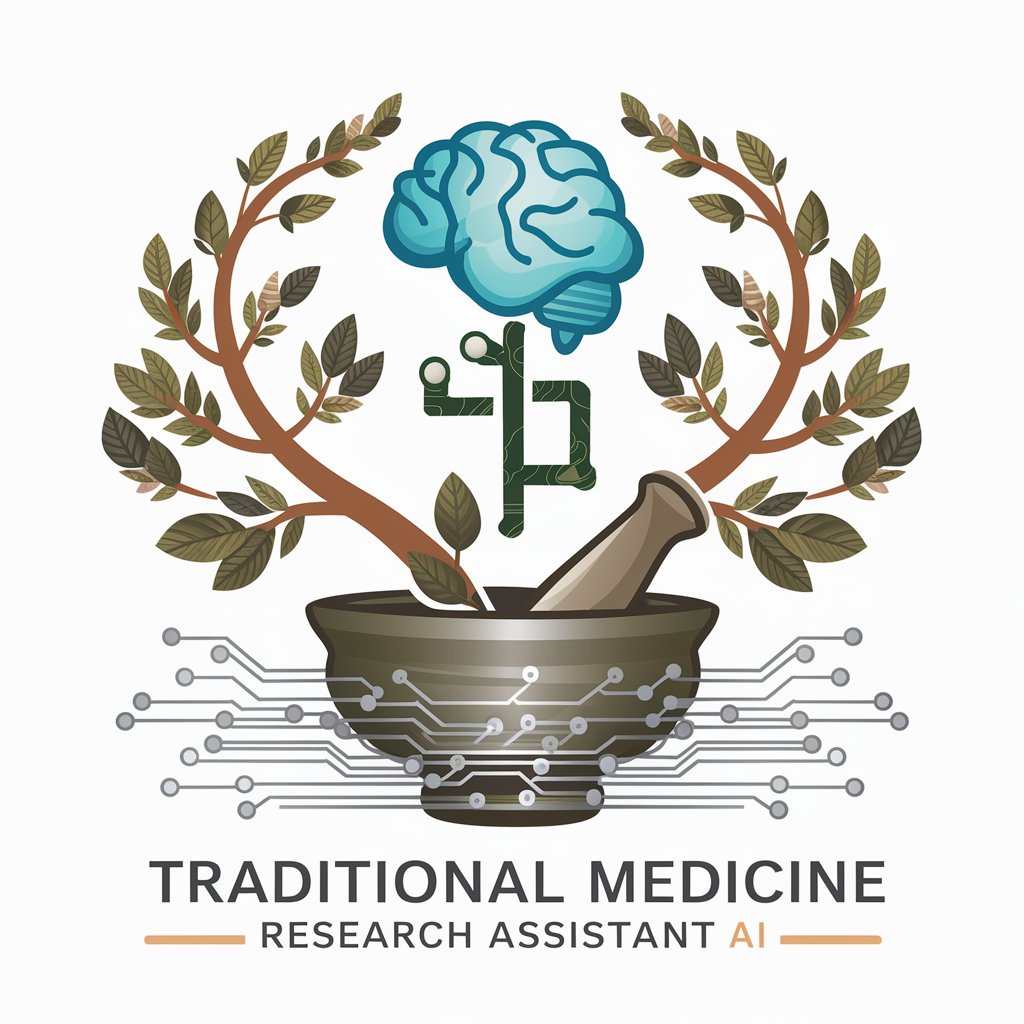
Vijio - E2B Format Master
Enhancing Pharmacovigilance with AI
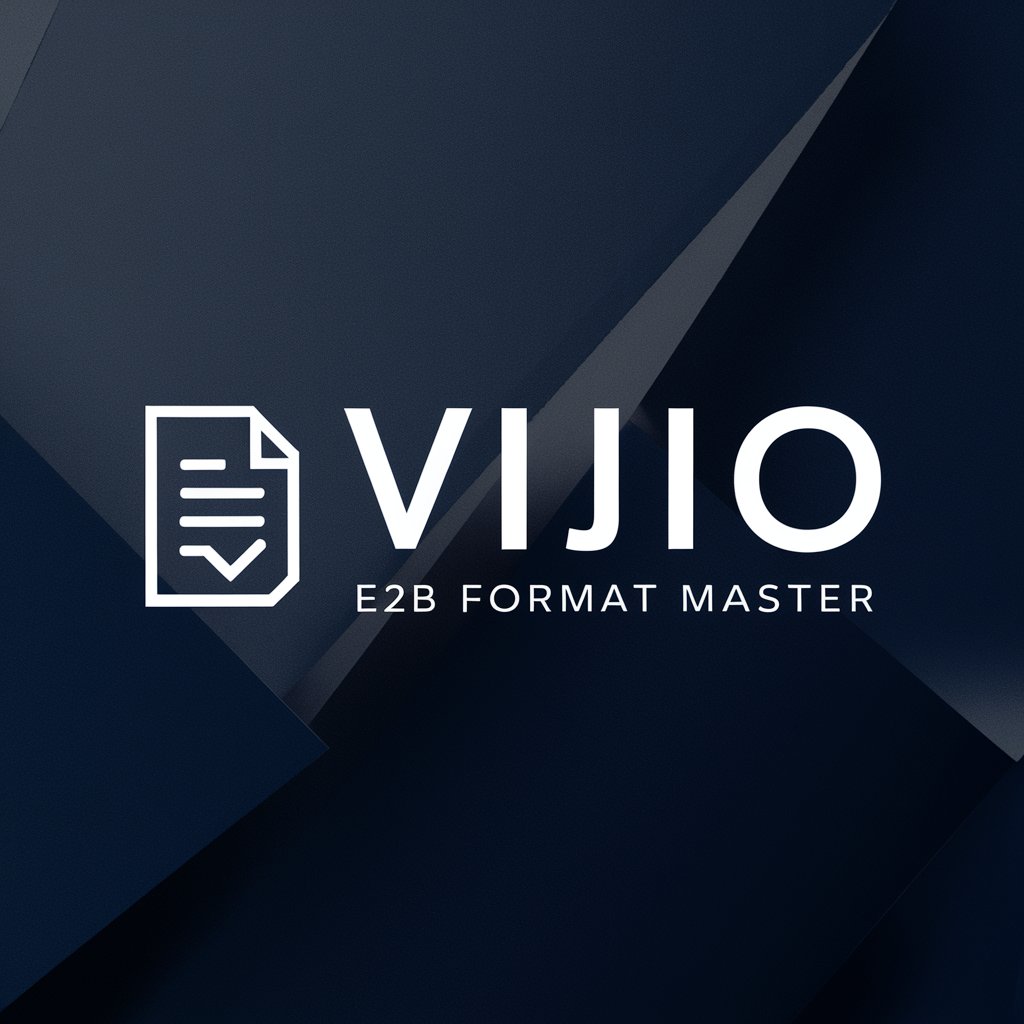
Distinctive Attributes and Capabilities
AI GPTs for Healthcare Integration offer a suite of unique characteristics and capabilities, from natural language processing to advanced data analysis. These tools are highly adaptable, capable of handling tasks ranging from simple patient inquiries to complex medical diagnostics. Special features include real-time language translation, technical support for healthcare systems, web searching for the latest medical research, image interpretation, and the ability to analyze large datasets. Their adaptability ensures they can be customized for various healthcare applications, making them invaluable for integrating disparate systems and streamlining operations.
Who Benefits from AI GPTs in Healthcare
AI GPTs for Healthcare Integration are designed for a broad audience, including healthcare novices, developers, and professionals. These tools are accessible to individuals without coding skills, thanks to user-friendly interfaces, while also offering extensive customization options for those with technical expertise. Healthcare providers, medical researchers, IT professionals, and policy makers in the healthcare sector are among those who can benefit most from these AI tools, leveraging them to improve patient care, operational efficiency, and decision-making processes.
Try Our other AI GPTs tools for Free
Feature Use
Discover how AI GPTs for Feature Use revolutionize task automation and enhance processes within specific domains, offering tailored, efficient, and innovative solutions.
Camera Setup
Discover how AI GPTs for Camera Setup transform photography with tailored guidance, optimization tips, and advanced technical support, making professional techniques accessible to all.
Festive Marketing
Elevate your festive marketing with AI GPTs: tailor-made solutions for personalized, engaging campaigns that resonate with the holiday spirit.
Digital Trends
Discover how AI GPTs for Digital Trends leverage the latest in AI technology to keep you ahead in the digital space, offering tailored solutions for content creation, trend analysis, and more.
Ingredient Discovery
Discover how AI GPTs revolutionize ingredient discovery, offering predictive analytics, sustainable solutions, and user-friendly interfaces for all levels of expertise.
Software Automation
Explore AI GPTs for Software Automation, the cutting-edge tools transforming software development through automation, efficiency, and advanced machine learning.
Expanding the Potential of AI in Healthcare
AI GPTs function as customized solutions across various sectors, particularly in healthcare. They are equipped with user-friendly interfaces and can be integrated with existing systems or workflows, significantly enhancing efficiency and effectiveness. These tools are evolving rapidly, promising even greater advancements in healthcare technology, from patient care and diagnostics to administrative operations and beyond.
Frequently Asked Questions
What exactly are AI GPTs for Healthcare Integration?
AI GPTs for Healthcare Integration are AI-driven tools designed to facilitate various healthcare-related tasks by utilizing advanced natural language processing and machine learning technologies. They help integrate different healthcare systems, manage data, and support clinical decisions.
How can these tools improve patient care?
These tools can improve patient care by providing accurate, real-time support for diagnostic decisions, personalizing patient communication, and ensuring seamless data integration across platforms, which leads to more coordinated care.
Do I need coding skills to use these tools?
No, you do not need coding skills to use basic functions of these tools. Many offer user-friendly interfaces for non-technical users. However, coding skills can enhance customization and integration capabilities.
Can AI GPTs for Healthcare Integration handle sensitive patient data securely?
Yes, these tools are designed with security and privacy considerations at the forefront, employing advanced encryption and compliance with healthcare regulations to manage sensitive patient data securely.
Are these tools compatible with existing healthcare systems?
AI GPTs for Healthcare Integration are designed for compatibility and can often be integrated with existing healthcare systems to enhance functionality and streamline workflows.
How do these AI tools handle medical language and terminologies?
These AI tools are trained on vast medical datasets, enabling them to understand and generate responses involving complex medical language and terminologies accurately.
Can these tools be customized for specific healthcare applications?
Yes, AI GPTs for Healthcare Integration are highly customizable, allowing for adaptation to specific healthcare applications, whether for clinical, administrative, or research purposes.
What future developments can be expected from AI GPTs in healthcare?
Future developments may include more advanced diagnostic capabilities, enhanced patient interaction models, deeper integration with IoT devices for real-time health monitoring, and improved predictive analytics for healthcare management.